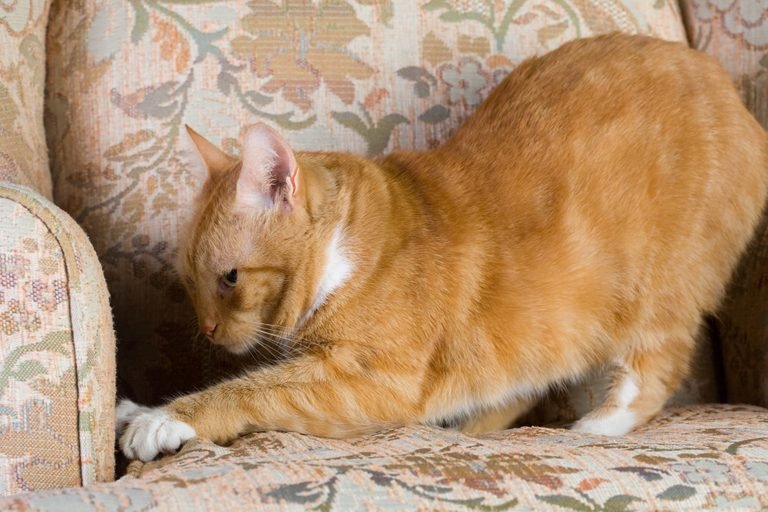Physical Address
304 North Cardinal St.
Dorchester Center, MA 02124
Physical Address
304 North Cardinal St.
Dorchester Center, MA 02124

Diet Essentials for Cats to Live Longer, Healthier Lives
Paying attention to diet will help your feline companions live longer, healthier lives. Healthy eating functions as a preventative medication, saving you money that would otherwise be spent on sickness and consequences. With the ten suggestions below, you can make changes that can significantly improve your kitty’s health.
Cats are carnivorous, which means they must eat meat to keep healthy. Wet food meets their needs better than dry food. Kibble is high in carbohydrates and low in animal protein and water. If you invest in high-quality canned food, you will save money on vet expenses over time.
Make certain you understand how to read cat food labels. Look for an AAFCO (Association of American Feed Control Officials) statement declaring that the food is full and balanced and meets the nutritional needs of cats.
If you decide to cook food for your cat, consult your veterinarian about providing a balanced diet. The nutrients required for your cat’s health are manufactured into commercial foods, and the chances of homemade food satisfying all of your cat’s needs are small. Your veterinarian may recommend vitamins or supplements to help you maintain a healthy diet.
If your feline companion has any health concerns, consult with your veterinarian, who may recommend specific meals or supplements. You want to keep your kitty healthy by managing its condition.
You might wish to give your cat some of your leftovers without realizing that some of these items are hazardous to cats. Keep chocolate, caffeine, dairy products, grapes, raisins, onions, garlic, chives, and yeast dough away from your cat. The Pet Poison Helpline contains a comprehensive list of cat-toxic foods.
Cats are carnivores that must hunt multiple times a day to keep healthy in the wild. It’s critical to emulate their normal eating habits by giving them modest, frequent meals. The quantity you feed your cat will vary according to its age, size, and activity level. Consult your veterinarian to assess your cat’s requirements. To avoid overeating and obesity, don’t leave food out all day.
Obesity can harm your cat in a variety of ways, including an increased risk of cancer, diabetes, heart disease, high blood pressure, joint problems, and other diseases. Consult with your veterinarian about the best strategy to keep your cat at a healthy weight.
Make a gradual transition to new cat food. Any abrupt dietary changes may result in stomach distress and diarrhea. Consult your veterinarian about safely transferring your cat to a new diet.
Cats normally acquire the majority of their hydration from the animals they hunt, thus they are unlikely to consume enough water on their own. Because cats enjoy moving water, a water fountain may encourage your cat to drink more. Canned food also helps your cat stay hydrated.
Find a veterinarian who specializes in cats to help your feline buddy stay healthy. You can rely on All About Cats Veterinary Hospital to give your cats the best care possible. We are more than willing to assist you in any way we can when it comes to your cat because that is what we are all about!